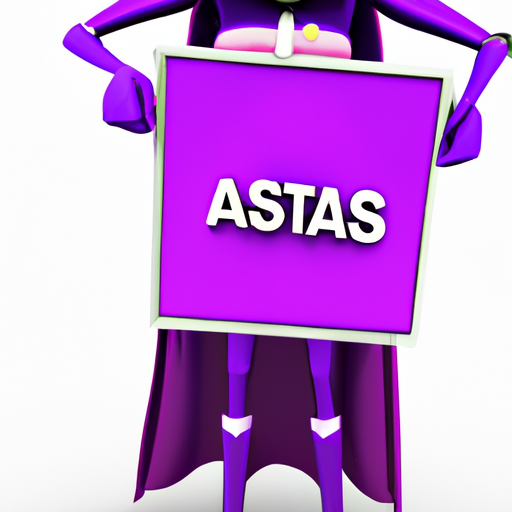Bitcoin and every aspect of the protocol that runs it orbits around facilitating one thing: the maintenance and reconciliation of databases.,
Bitcoin and the Importance of Database Maintenance and Reconciliation
Bitcoin, the world’s leading cryptocurrency, operates on a protocol that revolves around the maintenance and reconciliation of databases. This article explores the significance of database management in the world of Bitcoin and how it impacts the overall functioning of the cryptocurrency.
Understanding the Role of Databases in Bitcoin
At its core, Bitcoin is a decentralized digital currency that functions through a distributed ledger system known as the blockchain. The blockchain serves as a public database that contains a record of all Bitcoin transactions ever made. This ledger is managed and updated by a network of participants, known as miners.
The process of maintaining and reconciling the database involves verifying and validating new transactions, creating new blocks, and adding them to the blockchain. Miners achieve this through a process called mining, where they solve complex mathematical puzzles to validate and secure transactions.
Importance of Database Maintenance
Effective database maintenance is crucial for the smooth functioning of the Bitcoin network. It ensures the integrity, accuracy, and security of the blockchain. Without proper maintenance, the system would be susceptible to fraud, manipulation, and the risk of double-spending.
The database maintenance process involves continuously verifying the legitimacy of transactions and ensuring that they conform to the established rules of the Bitcoin network. Miners play a vital role in this process, as they validate and record transactions in a way that prevents any tampering or alteration.
Database Reconciliation in Bitcoin
Database reconciliation in Bitcoin is the process of comparing multiple ledgers across the network to ensure consistency and eliminate any discrepancies. Since the blockchain is decentralized, every participant maintains their own copy of the ledger.
Reconciliation involves cross-referencing the ledgers maintained by different participants to reach a consensus on the valid version of the blockchain. This process ensures that all participants have the same view of the database, preventing any inconsistencies or conflicts that could arise from variations in individual copies.
Impact on Crypto Mining and ASIC Miners
The process of database maintenance and reconciliation has a direct impact on cryptocurrency mining, particularly in the case of Bitcoin. Miners are incentivized to contribute their computing power and resources to maintain the database by earning rewards in the form of newly created Bitcoins.
With the increasing complexity of mining puzzles, specialized hardware known as ASIC miners has become prevalent. These machines are optimized specifically for the mining process, allowing miners to perform calculations more efficiently and increase their chances of earning rewards.
Optimizing ASIC miners for database maintenance and reconciliation is crucial for maximizing their mining potential. This includes factors such as power consumption, hash rate, and overall efficiency. Miners often invest in high-performance gaming computers or dedicated mining rigs to enhance their mining capabilities.
Overall, the effective maintenance and reconciliation of databases are critical components in the world of Bitcoin and cryptocurrency mining. By ensuring the accuracy and security of the blockchain, this process facilitates the smooth operation of the entire network.
Conclusion
Database maintenance and reconciliation play a vital role in the functioning of Bitcoin and other cryptocurrencies. By verifying transactions and ensuring the integrity of the blockchain, this process helps maintain the security and accuracy of the decentralized ledger system. Additionally, it impacts crypto mining, with specialized hardware such as ASIC miners optimized for efficient database maintenance. As the cryptocurrency landscape continues to evolve, the importance of database management remains a fundamental aspect of this digital ecosystem.



